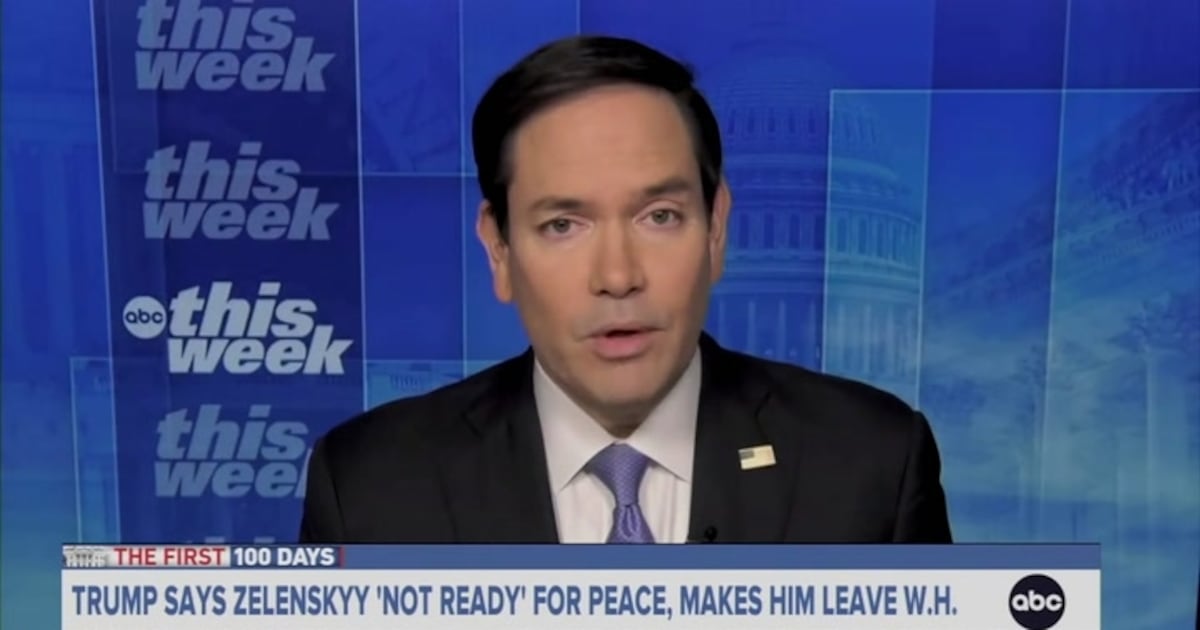The Mormon Church would rather let hate crimes go unprosecuted against its own flock than let gays, lesbians, bisexual, and transgender people get extra protection under the law.
Just a year after approving an LGBT nondiscrimination law, the church has come out against a hate-crime bill, authored by a Mormon Republican, no less.
The law would protect Mormons more than LBGT people, though.
The bill, SB 107, would define a hate crime in Utah as a criminal offense committed because of an individual’s “ancestry, disability, ethnicity, gender identity, national origin, race, religion, or sexual orientation.”Of these categories, far more anti-religious crimes are reported in Utah than anti-LGBT ones. Nineteen of the 62 hate crimes reported by the Utah Department of Public Safety in 2014 were anti-religious in nature: three anti-Protestant, two anti-Muslim, one anti-Catholic, one anti-Jewish, and 12 “anti-other religion.” This presumably includes Mormonism, which is not considered to be a Protestant form of Christianity. Only two of the 62 reported hate crimes were anti-LGBT.
The FBI’s hate crime data for the state is similar. In 2014, the agency recorded 17 incidents motivated by anti-religious bias as compared to just three motivated by an individual’s sexual orientation.
Utah’s limited hate-crime legislation contains no list of protected classes, which means that SB 107 would do more to protect religious expression in the state than it would to protect sexual orientation or gender identity.
Nevertheless, the Church of Jesus Christ of Latter-day Saints suggested the bill would upset the "balance” church leaders called for in 2015.
"The Utah Legislature achieved something extraordinary last year in arriving at legislation that protected both religious liberty rights and LGBT rights," a spokesman said in a statement. “Interests from both ends of the political spectrum are attempting to alter that balance. We believe that the careful balance achieved through being fair to all should be maintained.”
It’s only balanced in the sense that everyone loses.
Last January, the Mormon Church pledged provisional support for a “fairness for all” approach that “balances religious freedom protections with reasonable safeguards for LGBT people.” With the weight of the church behind it, a statewide nondiscrimination ordinance, SB 296, sailed through the Utah House of Representatives last March and became law.
Because it specifically exempted religious organizations and corporations from protections for LGBT employees, church spokesman Eric Hawkins called it “the very best of collaboration and statesmanship from groups and individuals who may not always agree on all things.”
The church’s hypocrisy in now opposing a bill that would enhance punishments for anti-religious crime is not lost on its author, Republican state Sen. Stephen Urquhart, who is Mormon.
“We’re here [in Utah] because Mormons were lynched, Mormons were persecuted, Mormons were driven out of states,” the state senator said in support of his bill. “That’s worthy of protection.”
The bill easily cleared committee two weeks ago, but Urquhart said the church has “effectively snuffed out” discussion with its public comments about “balance.”
“I invite the Mormon Church to actually talk with me about my legislation,” he said at a press conference, joined by religious and LGBT leaders. (Urquhart did not immediately respond to The Daily Beast’s request for comment.)
Urquhart is surprised by the church’s about-face because before he sponsored the hate-crimes bill the church opposes, he co-sponsored the LGBT bill it supported.
The new hate-crimes bill would be a “pretty easy follow-up,” he recalls thinking.
“Just like it made sense to do it in the nondiscrimination law, it makes sense to do it in the hate crimes law,” he told the Mormon-owned Deseret News in January.
But opponents on the religious right accused Urquhart of “creating categories,” even though those same categories were already included in legislation the church has supported.
Gov. Gary Herbert, a practicing Mormon, was cautious in his approach to the hate-crimes bill, telling the press, “If I kill you, you’re just as dead whether I hated you or I love you and killed you. I don’t understand how that works. Certainly, I think it’s worth a discussion, but we keep creating categories.”
Between SB 296 and SB 107, too, the Mormon Church adopted a controversial policy change prohibiting any child who primarily resides with same-sex parents from being baptized until they are 18 and only then if that child “specifically disavows the practice of same-gender cohabitation and marriage.”
That move sparked a wave of resignations and was widely seen as retaliation for the recent legalization of same-sex marriage.
The Mormon Church’s opposition to SB 107, even though the bill would protect its own members, only underscores that perception.
For Urquhart, it’s enough to begin apparently questioning his faith.
“When I was a child in a dark situation, the Mormon Church shined a light in my life,” Urquhart said at his press conference last Thursday. “But since then, that light has flickered.”






